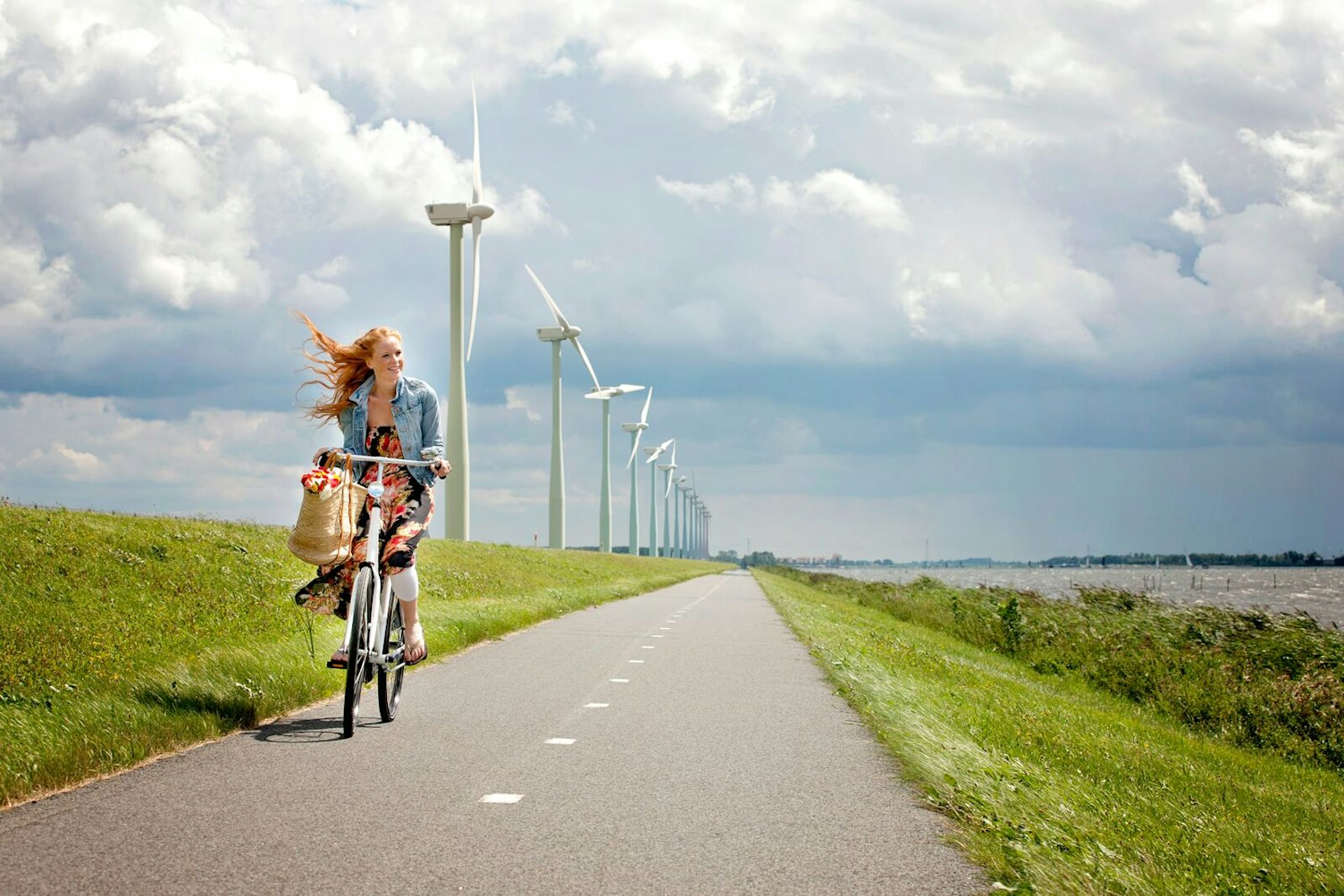
Perennially popular for leisure and everyday transport, the bicycle comes in many forms today, but each one must be safe and comply with regulations before it can be marketed to consumers and end-users.
What are the benefits of SGS bicycle and e-bike testing?
- Consumer confidence and protection
- Brand protection
- Minimize the risk of recalls or returns
- Meet or exceed safety standards and regulatory requirements
- Global network, local expertise
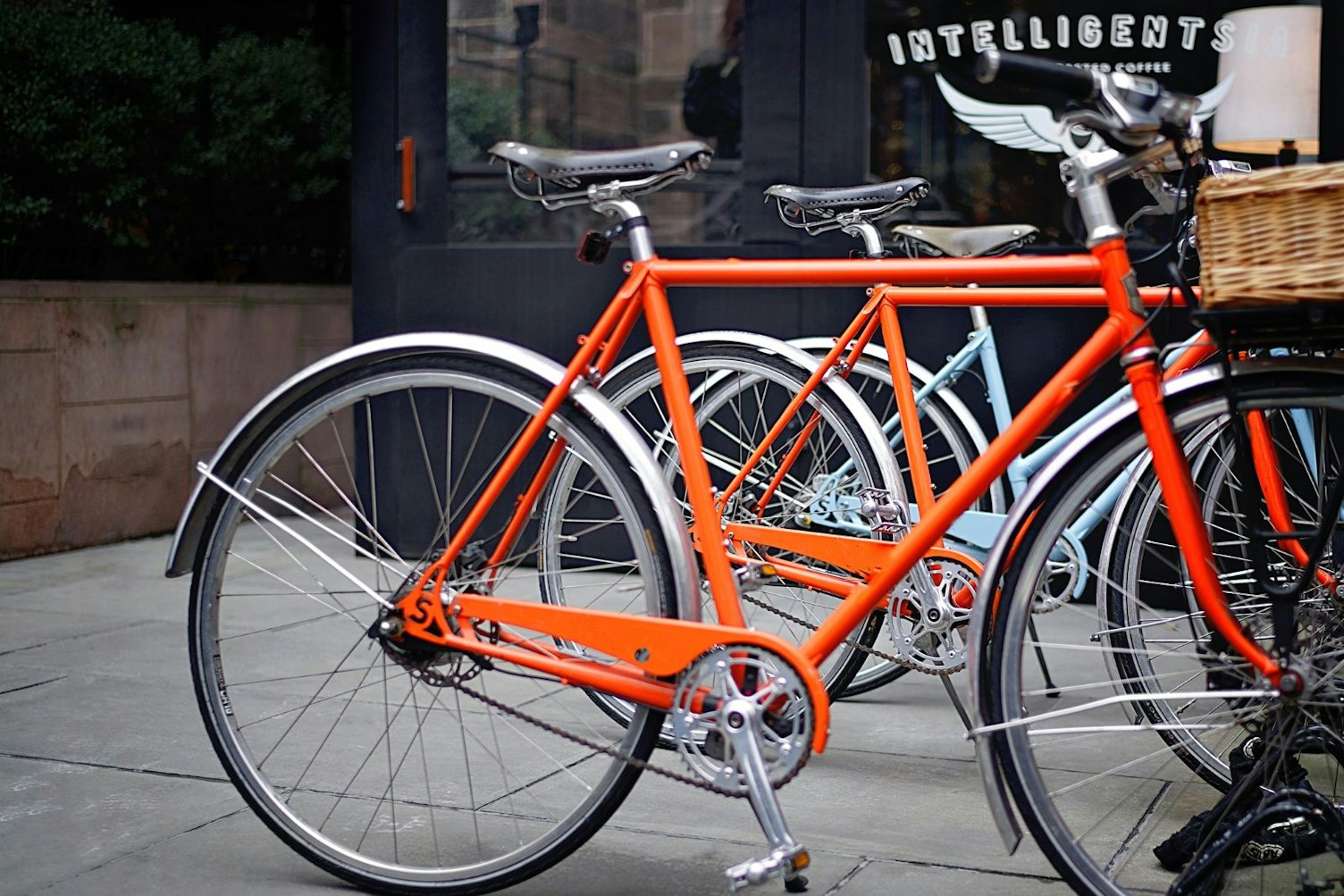
Which products do we test?
- Bicycles: pedal bikes, pedelec bicycles, cargo bikes, scooters, BMX, children’s bikes, toy bikes
- Bike parts: frames, forks, handlebars, stems, wheels, saddles, hubs, tires, etc.
- Electrical components: motor, controller, display/interface (HMI), torque/cadence sensors, batteries, button batteries
- Accessories: bags, luggage racks, child seats, trailers, trailer cycles, locks, bells, pumps, bottles, tools, etc.
- Safety equipment: helmets, glasses, gloves, protectors, shoes, etc.
Bicycles & bike components
Safety and performance, marking and labeling, instructions for use – all need to be tested and checked before bicycles and e-bikes can be sold or marketed in the EU and the US. From balance bikes to cargo and e-bikes we test against multiple standards, regulations and requirements, including:
- E-bike and e-scooter safety: ANSI/CAN/UL 2849, ANSI/CAN/UL 2272, EN 15194, EN 17128, FCC
- Bicycle safety: ISO 4210, ISO 8098, 16 CFR 1512
- Cargo bikes: DIN 79010/prEN 17860
- Toy bicycles: CPSIA, ASTM F963, EN 71
- Machinery safety: ISO 13849, ISO 12100, 2006/42/EC
- Battery safety: EN 50604-1, ANSI/CAN/UL 2271, UN 38.3, UL4200A, 16 CFR 1263
This list is not exhaustive, contact us to discuss your bicycle, e-bike or e-scooter needs.
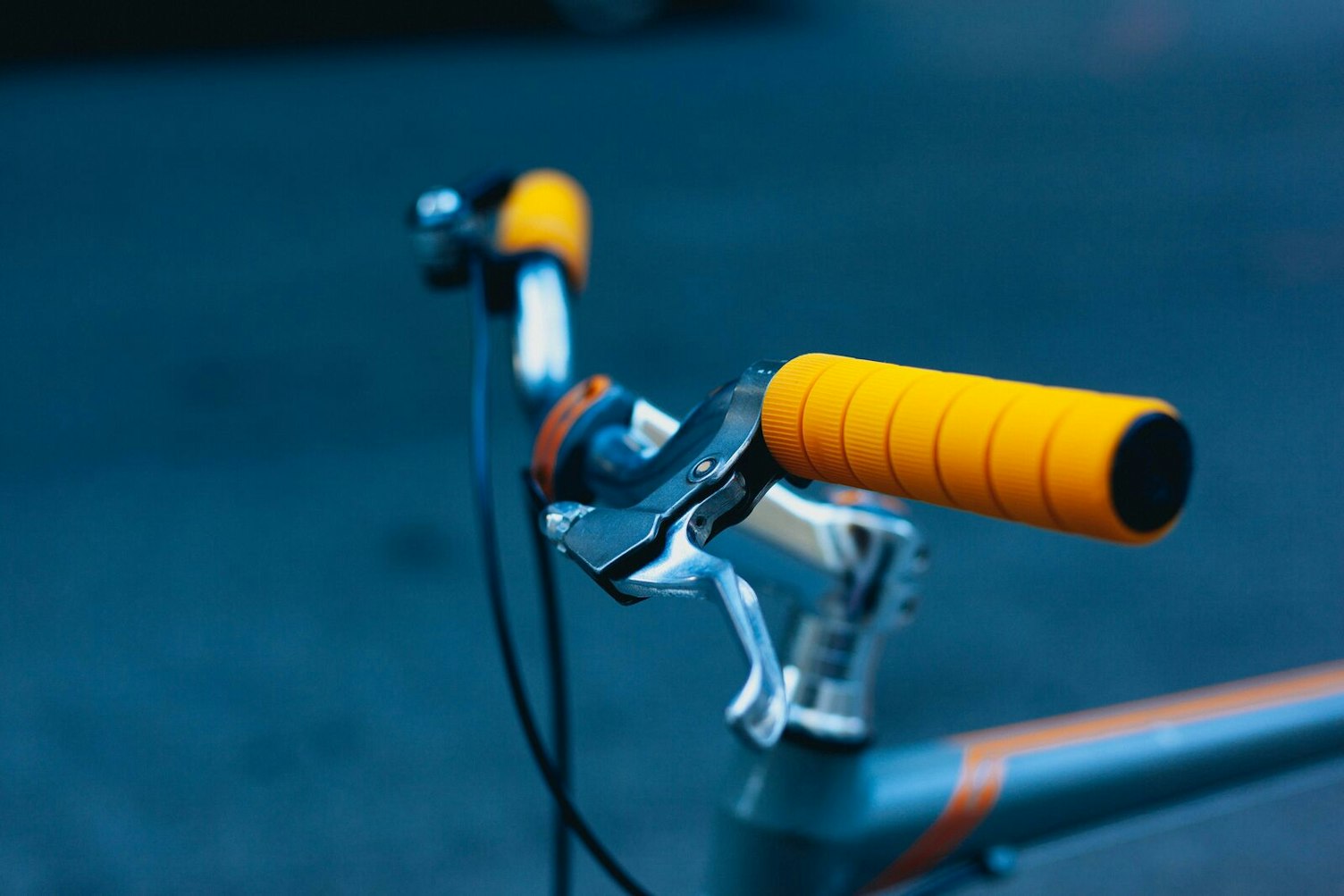
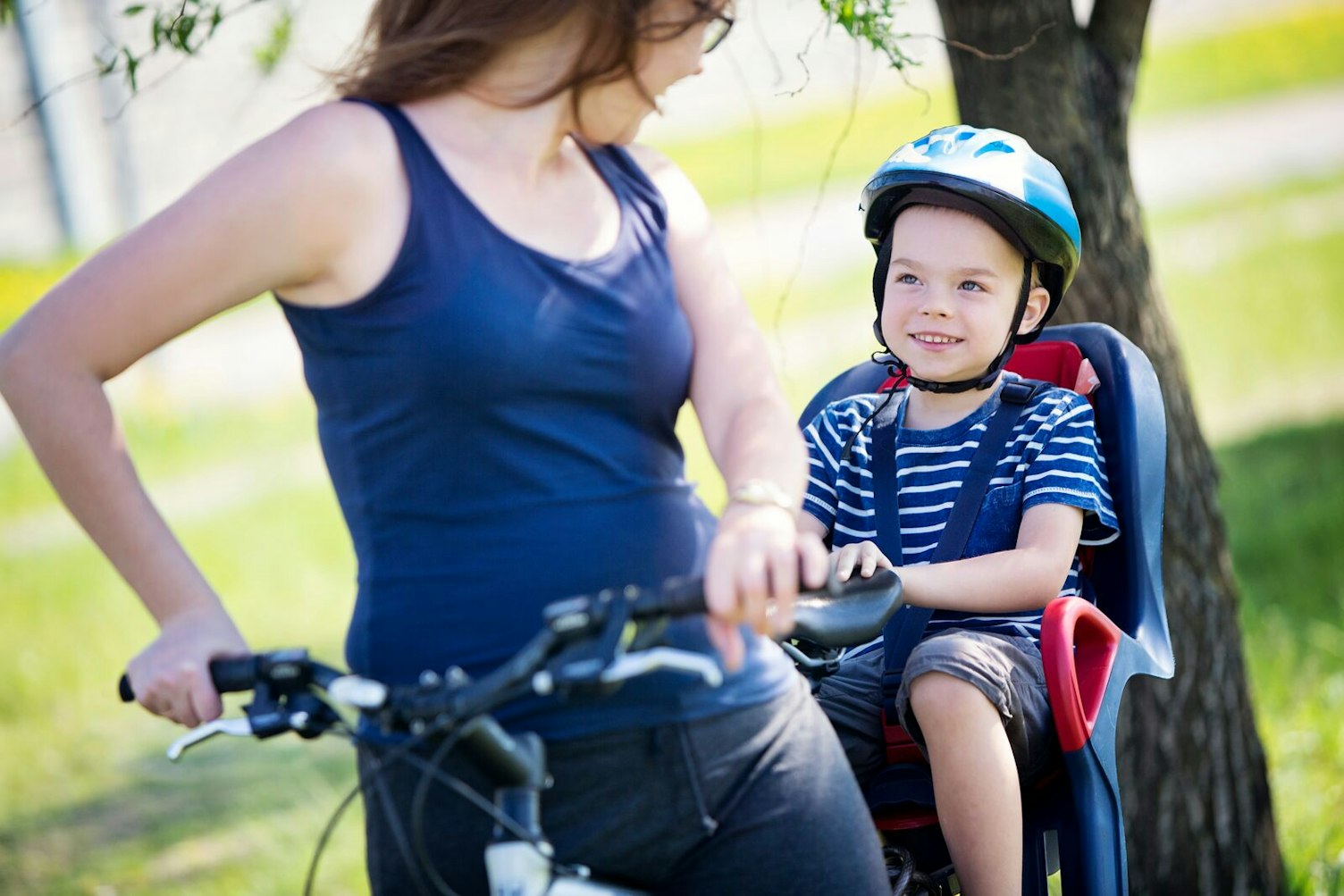
Cycling accessories
From the purely practical to the highly decorative, cycling accessories must be fit for purpose, safe and manufactured to your quality parameters. Our experts and laboratories can test the full range of accessories, to the requisite standards:
- Decorations for children’s bikes: toy safety – EN 71, ASTM F963
- Water bottles: (EU)10/2011 on Food Contact Plastics, and the US Food and Drug Administration
- Cycle locks: EN 15496
- Child seats: EN 14344, ASTM F1625
- Luggage carriers: ISO 11243
- Trailers: EN 15918, ASTM F1975
- Trailer cycles: ASTM F2917
Cycling safety equipment
Riders wear a wide range of safety equipment to keep themselves safe. This personal protective equipment (PPE) is highly regulated in the EU by (EU) 2016/425 on Personal Protective Equipment and in the US by a range of product-specific standards.
We can test and certify the following products:
- Sunglasses for running, cycling, to ISO 12312-3
- Sunglasses for general use, to ISO 12321-1, ANSI Z80-3
- Helmets, to EN 1078, 16CFR 1203 (CPSC 1203), ASTM F1447 and ECE R22.06
- Gloves, ISO 21420, EN 388
- Protective clothing, to EN 1621 series
- High visibility clothing, to ISO 20471, and EN 17353
- CE Certification according to PPE Regulation (EU) 2016/425

Hazardous Substances
Ensure that not only your bikes and components but also clothing, drink bottles/carriers, helmets and accessories, comply with hazardous substance requirements. Test the rubber and plastics used in handles, saddles and hydration systems for PAH, plasticizers and heavy metals. Materials with immediate and prolonged skin contact need particular attention. As an independent laboratory we help you select the relevant requirements and provide consultation for all major markets, including the EU and the US.
| EU | US |
|
|
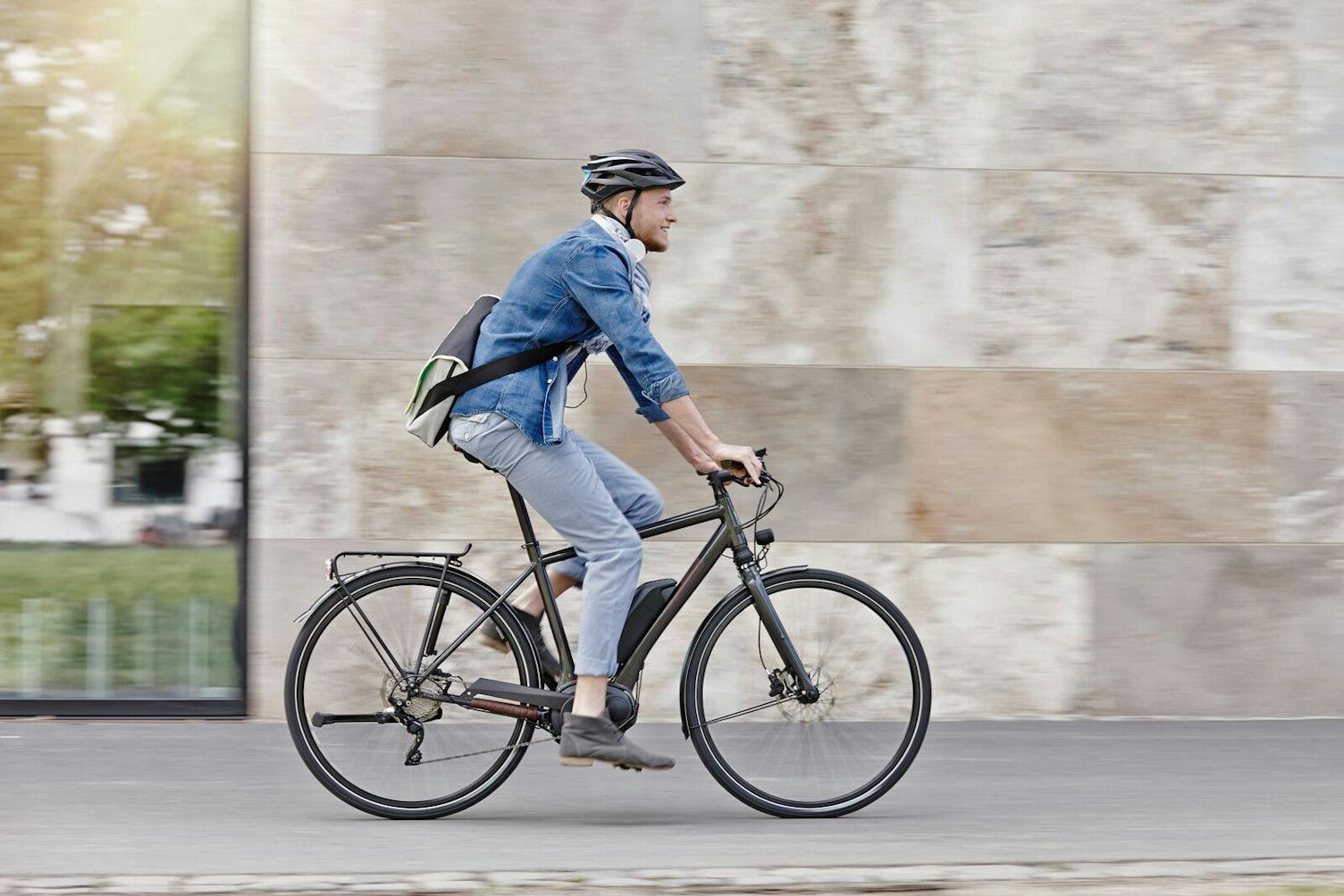
E-bikes & e-scooters
As the e-bike and e-scooter market gather speed the regulatory requirements evolve. Ensuring the safety and quality of the whole product becomes more challenging as batteries and motors increase complexity.
- Bicycle safety testing
- Mechanical strength and braking performance
- Electrical safety performance
- Electromagnetic compatibility (EMC) - complete bikes and e-drive parts
- Battery safety testing
- Charger and EMC testing
- Range and performance testing
- Functional safety evaluation of control systems and BMS
NRTL accredited
As an OSHA Nationally Recognized Testing Laboratory (NRTL) for e-bikes and personal e-mobility devices we have the expertise to help you bring safe and compliant products to market in the US.
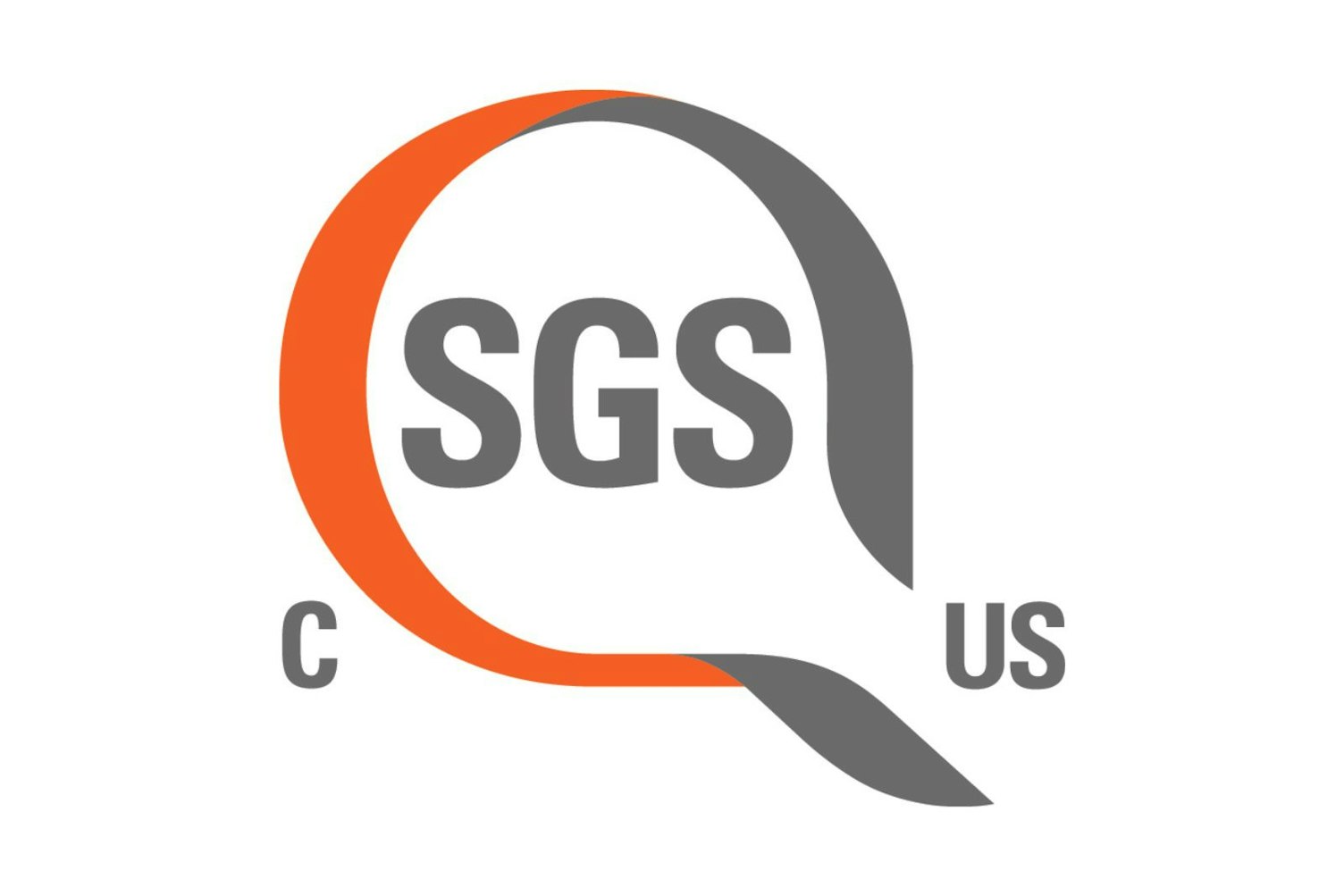

North American market
As the first NRTL accredited to test products against ANSI/CAN/UL 2849 Standard for Electrical Systems for E-bikes, we have particular expertise in product compliance for North America.
Protecting people and property, this standard aims to prevent harmful hazards posed by electrical system failure (fire safety) in e-bikes and electrically power assisted cycles (EPAC).
Our experts can test your e-bikes against:
- ANSI/CAN/UL 2849
- ANSI/CAN/UL 2272
- ANSI/CAN/UL 2271
Choose our expertise and understanding of product specifications and industry needs for an optimized service to help your products enter the market as soon as possible.
Sustainability evaluation
Bicycles, e-bikes, components and accessories made using recycled materials significantly cut the industry’s use of new plastics and their manufacture requires less energy. Typically, they are also designed to be more resistant to rust. But are they safe? How do they perform? And do they really use recycled materials?
SGS provides the answers.
In addition, we help you to measure and report your greenhouse gas emissions, understand labor, health and safety standards, as well as environmental performance and ethics within your own operations or at a supplier site.
